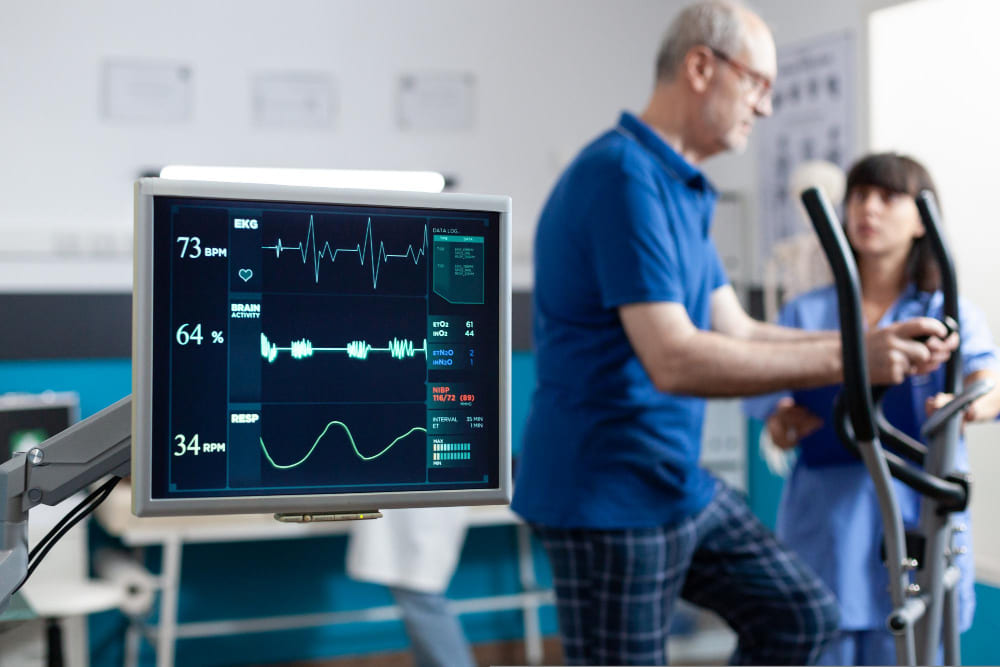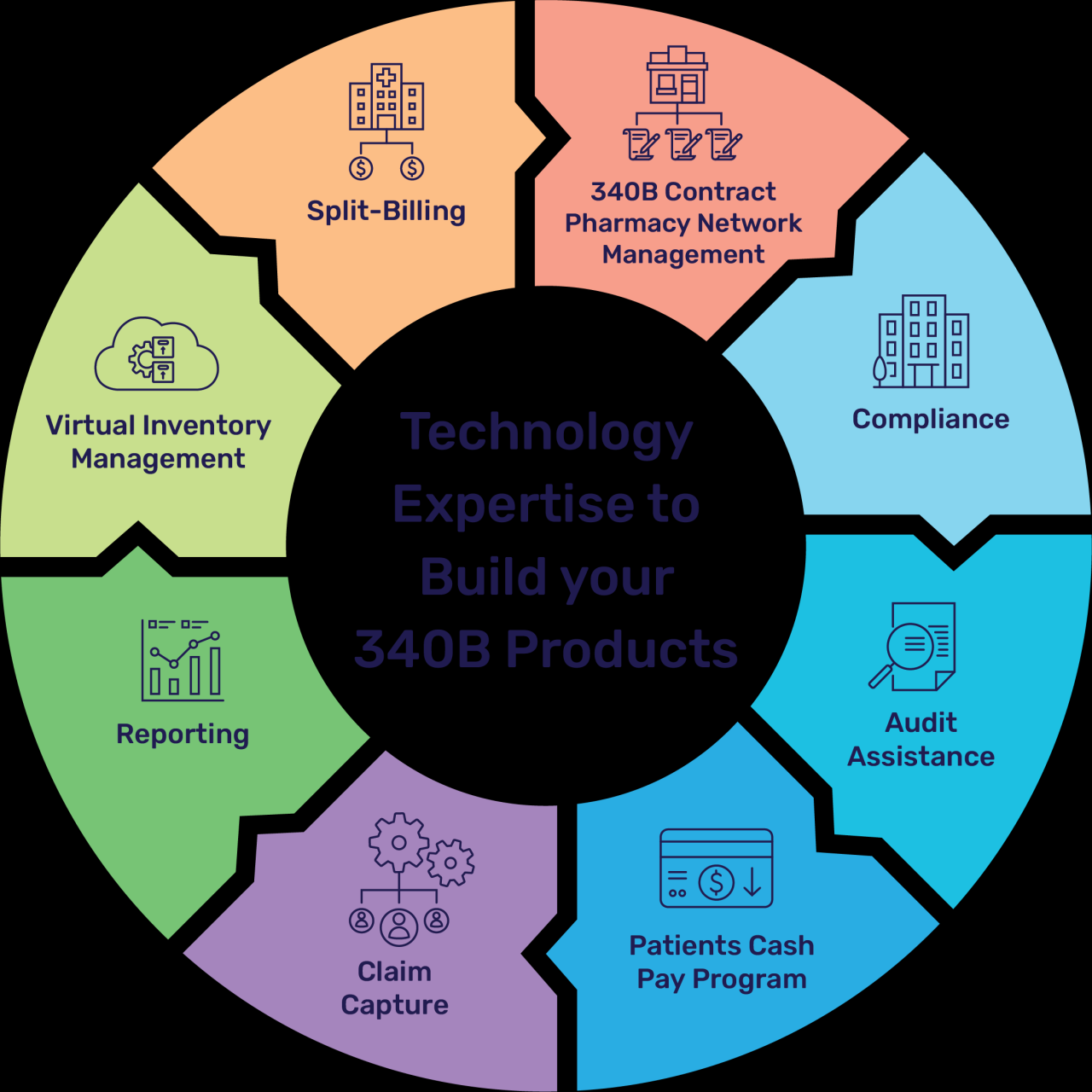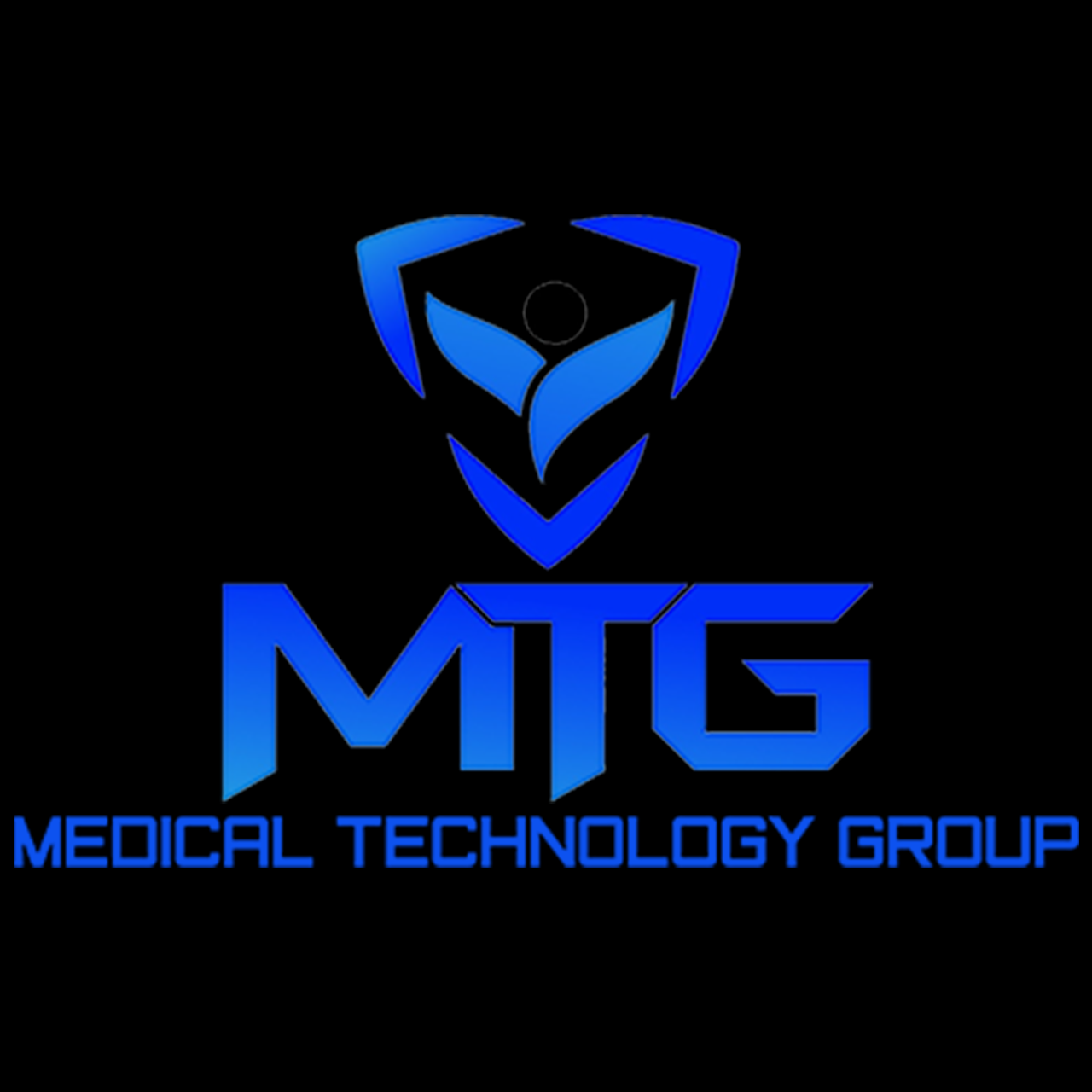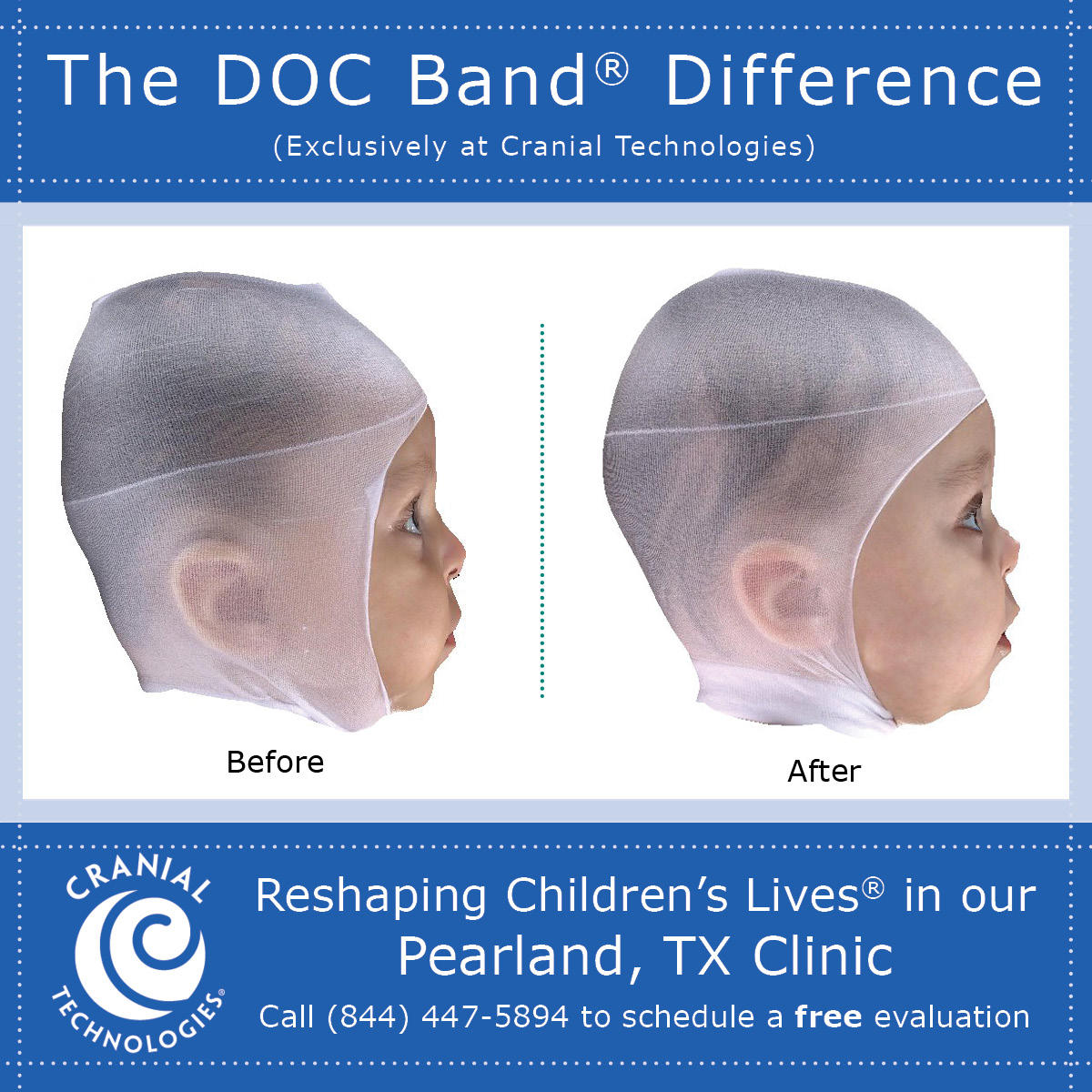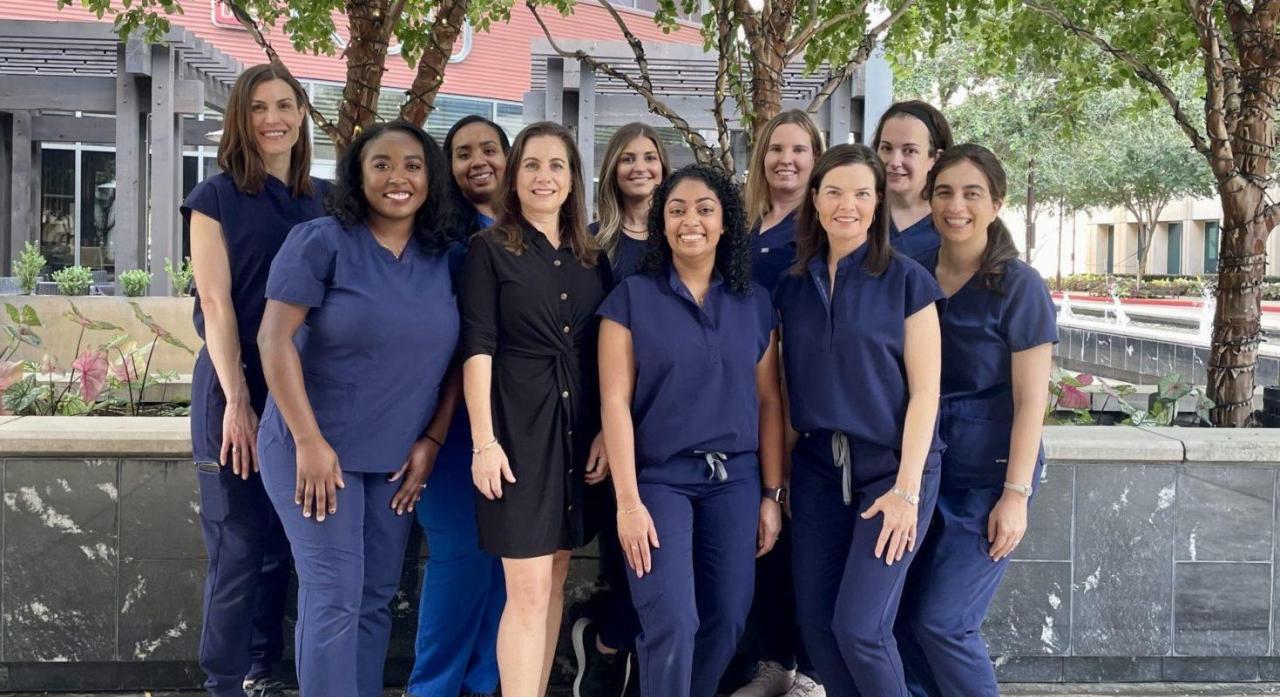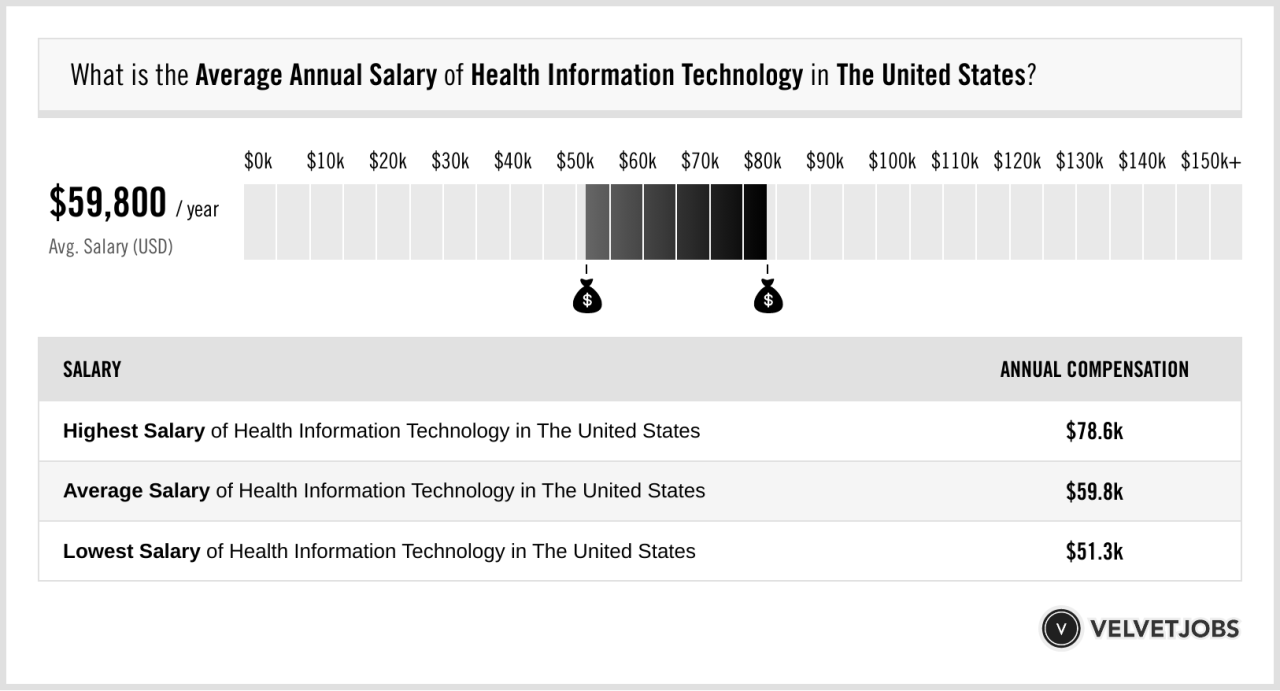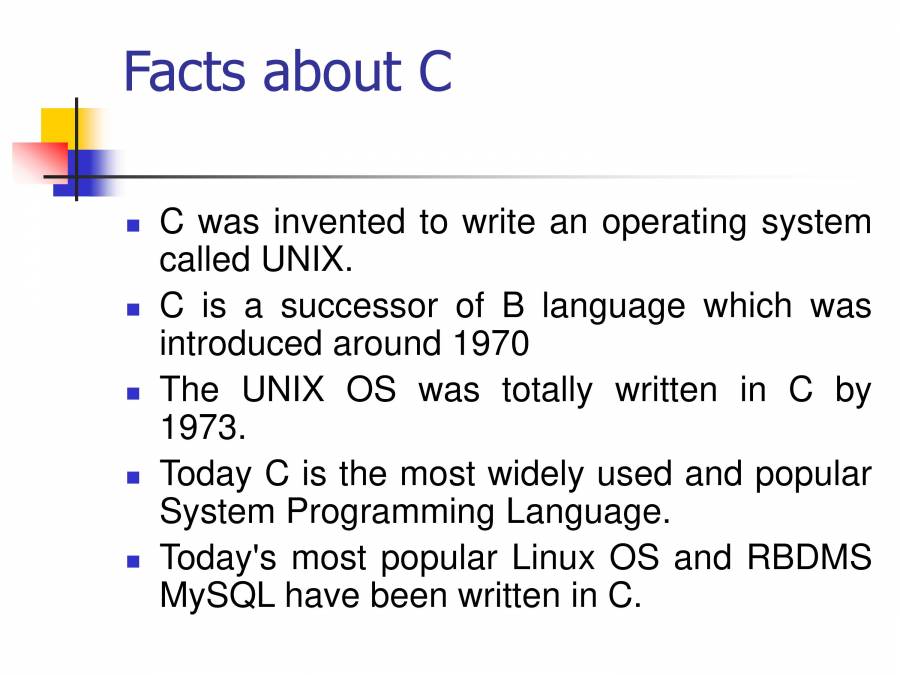Medical Technology Programs: A Career in Healthcare Innovation
The Medical Technology Program stands as a gateway to a dynamic and evolving field, where innovation meets healthcare. It equips individuals with the knowledge and skills to analyze and interpret […]

The Medical Technology Program stands as a gateway to a dynamic and evolving field, where innovation meets healthcare. It equips individuals with the knowledge and skills to analyze and interpret medical data, contributing to accurate diagnoses and effective treatments.
This program delves into the core principles of medical technology, covering a spectrum of specializations like clinical laboratory science, medical imaging, and bioinformatics. It emphasizes hands-on training in state-of-the-art laboratories, preparing graduates for a wide range of career paths within the healthcare industry.
Introduction to Medical Technology Programs
Medical technology programs are designed to equip individuals with the knowledge and skills necessary to perform a wide range of tasks in healthcare settings. These programs are crucial for advancing healthcare by providing professionals who can operate and maintain sophisticated medical equipment, analyze patient samples, and contribute to the development of new diagnostic and therapeutic tools.
Specializations in Medical Technology
Medical technology programs offer a diverse range of specializations, allowing students to focus on specific areas of interest. These specializations cater to the evolving needs of the healthcare industry, ensuring that graduates are well-prepared to meet the demands of the modern healthcare environment.
- Clinical Laboratory Science: This specialization focuses on the analysis of patient samples, such as blood, urine, and tissue, to diagnose and monitor diseases. Clinical laboratory scientists perform a variety of tests, including hematology, chemistry, microbiology, and immunology.
- Radiologic Technology: Radiologic technologists are responsible for operating and maintaining imaging equipment, such as X-ray machines, CT scanners, and MRI machines. They perform diagnostic imaging procedures and assist physicians in interpreting images.
- Cardiovascular Technology: Cardiovascular technologists specialize in the diagnosis and treatment of heart and vascular diseases. They operate diagnostic equipment, such as echocardiograms and stress tests, and assist physicians in performing procedures, such as angioplasty and stent placement.
- Respiratory Therapy: Respiratory therapists provide care for patients with respiratory illnesses, such as asthma, chronic obstructive pulmonary disease (COPD), and pneumonia. They administer oxygen therapy, perform pulmonary function tests, and educate patients on respiratory health.
Curriculum and Training: Medical Technology Program

A medical technology program equips students with the necessary knowledge and skills to excel in this demanding field. The curriculum is designed to provide a comprehensive understanding of laboratory procedures, diagnostic techniques, and quality assurance practices.
Core Curriculum Components
The core curriculum of a typical medical technology program covers a wide range of subjects, including:
- Clinical Chemistry: This course focuses on the analysis of blood, urine, and other bodily fluids to diagnose and monitor various diseases. Students learn about different biochemical tests, instrumentation, and quality control measures.
- Hematology: Hematology focuses on the study of blood and its components, including red blood cells, white blood cells, and platelets. Students learn about blood disorders, transfusion medicine, and hematological testing techniques.
- Immunology and Serology: This course delves into the body’s immune system and its response to foreign substances. Students learn about various serological tests, such as antibody detection and antigen identification.
- Microbiology: Microbiology covers the study of microorganisms, including bacteria, viruses, fungi, and parasites. Students learn about the identification, culture, and susceptibility testing of microorganisms, which is crucial for diagnosing infectious diseases.
- Molecular Biology and Genetics: This course explores the principles of molecular biology and its applications in medical technology. Students learn about DNA and RNA analysis, genetic testing, and molecular diagnostics.
- Blood Banking and Transfusion Medicine: This course covers the principles and practices of blood banking, including blood collection, processing, storage, and transfusion. Students learn about blood group systems, compatibility testing, and transfusion reactions.
- Quality Assurance and Control: This course emphasizes the importance of quality control in medical laboratories. Students learn about different quality assurance programs, statistical analysis, and laboratory accreditation standards.
- Laboratory Management: This course provides an overview of laboratory management principles, including budgeting, staffing, safety, and regulatory compliance.
Practical Training and Laboratory Experiences
Practical training and laboratory experiences are integral parts of a medical technology program. Students gain hands-on experience by performing laboratory procedures under the guidance of experienced faculty. The practical training typically involves:
- Laboratory Rotations: Students rotate through different laboratory sections, such as clinical chemistry, hematology, microbiology, immunology, and blood banking. This provides them with exposure to a wide range of laboratory procedures and equipment.
- Simulation Exercises: Students participate in simulated laboratory scenarios to practice their skills and learn how to handle real-life situations.
- Clinical Internship: Most medical technology programs require students to complete a clinical internship in a hospital or other healthcare setting. This internship provides valuable practical experience and allows students to apply their knowledge in a real-world environment.
Certifications and Licenses
Medical technology professionals are required to obtain specific certifications and licenses to practice legally. The specific requirements vary depending on the state or country.
- American Society for Clinical Pathology (ASCP) Certification: The ASCP offers certification exams for medical technologists in various specialties, such as clinical chemistry, hematology, microbiology, immunology, and blood banking.
- American Medical Technologists (AMT) Certification: The AMT also offers certification exams for medical technologists, including the Registered Medical Technologist (RMT) certification.
- State Licensure: In addition to national certification, some states require medical technologists to obtain a state license to practice.
Skills and Competencies
Medical technologists are vital members of the healthcare team, playing a crucial role in diagnosing and monitoring diseases. To effectively perform their duties, they must possess a unique blend of technical skills and soft skills. This section delves into the essential skills and competencies that medical technologists require to excel in their profession.
Technical Skills
Technical skills form the foundation of a medical technologist’s expertise. These skills involve the ability to perform laboratory procedures accurately and efficiently, ensuring reliable and timely results for patient care.
- Laboratory Techniques: Medical technologists must be proficient in a wide range of laboratory techniques, including specimen collection, preparation, and analysis. This includes using sophisticated equipment such as microscopes, centrifuges, and automated analyzers.
- Analytical Skills: The ability to analyze data and interpret results is critical. Medical technologists must be able to identify patterns, anomalies, and trends in laboratory findings, which helps them make informed conclusions and provide accurate diagnoses.
- Quality Control: Maintaining the accuracy and reliability of laboratory results is paramount. Medical technologists are responsible for implementing and monitoring quality control procedures, ensuring that all tests are performed within acceptable standards.
- Troubleshooting: When laboratory equipment malfunctions or unexpected results occur, medical technologists must be able to troubleshoot the problem effectively. This involves identifying the source of the issue, implementing corrective actions, and ensuring the integrity of the testing process.
- Safety Procedures: Working in a laboratory environment requires adherence to strict safety protocols. Medical technologists must be familiar with and follow safety guidelines, handling hazardous materials, and minimizing the risk of contamination.
Soft Skills
While technical skills are essential, soft skills play a crucial role in fostering effective communication, collaboration, and patient care.
- Communication Skills: Medical technologists must effectively communicate with other healthcare professionals, including physicians, nurses, and patients. This involves explaining complex laboratory results in a clear and concise manner, answering questions, and providing guidance.
- Teamwork: Collaboration is essential in the healthcare setting. Medical technologists work closely with other members of the healthcare team, sharing information, coordinating efforts, and ensuring seamless patient care.
- Problem-Solving: Medical technologists often encounter unexpected challenges in the laboratory. The ability to analyze problems, develop solutions, and implement strategies is crucial for maintaining efficient and accurate testing processes.
- Attention to Detail: Medical technologists handle sensitive patient information and perform tests that have a direct impact on patient health. Accuracy and attention to detail are paramount to ensure reliable and safe results.
- Time Management: Medical technologists often work under pressure, handling multiple tasks simultaneously. Effective time management skills are essential for prioritizing tasks, meeting deadlines, and maintaining a smooth workflow.
Skills and Career Paths, Medical technology program
The specific skills required for a medical technologist can vary depending on their chosen career path.
| Career Path | Key Skills |
|---|---|
| Clinical Laboratory Scientist | Laboratory techniques, analytical skills, quality control, troubleshooting, communication skills, teamwork |
| Blood Bank Technologist | Blood typing, crossmatching, transfusion procedures, quality control, communication skills, teamwork |
| Microbiology Technologist | Microbial identification, culture techniques, antibiotic susceptibility testing, quality control, communication skills, teamwork |
| Chemistry Technologist | Chemical analysis, analytical skills, quality control, troubleshooting, communication skills, teamwork |
| Research Technologist | Laboratory techniques, analytical skills, data analysis, scientific writing, communication skills, teamwork |
Summary
As healthcare continues to evolve, medical technologists play a vital role in shaping the future of patient care. The field offers exciting opportunities for professional growth, with advancements in technology driving constant innovation and opening new frontiers.
A medical technology program can equip students with the skills needed to work in a variety of healthcare settings. From developing new diagnostic tools to improving patient care, the field is constantly evolving. Companies like Fleetcor Technologies Operating Co LLC are at the forefront of this innovation, providing solutions that streamline healthcare processes and enhance efficiency.
These advancements, in turn, inspire new ideas and advancements within medical technology programs, ensuring that graduates are well-prepared for the challenges and opportunities of the future.
